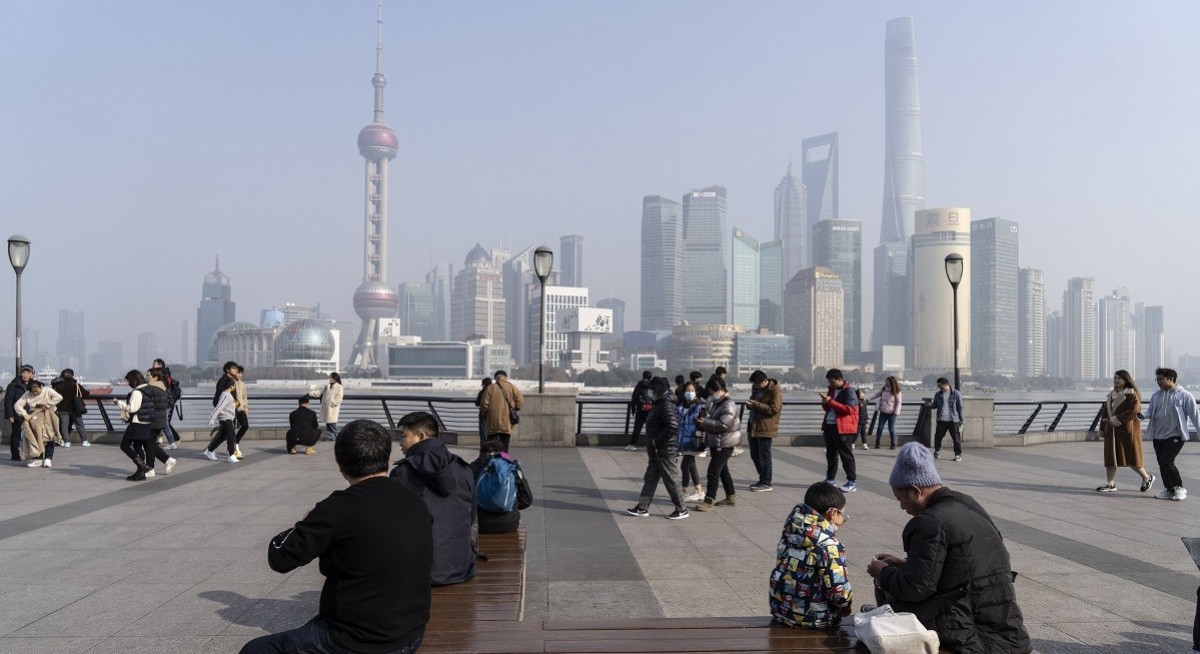The most common and frustrating is when Chinese partners go back on their word without prior notice. This makes planning very challenging, especially when it involves promises made to guests and clients. This is the most significant problem.
This may be when VIP seats agreed upon are withdrawn on the day of the event. Sometimes the exhibition area allocated at the initial planning stage is changed, or the number of exhibitor passes promised is not delivered.
The reason for these types of problems is often that decisions made at the top level are not always passed down correctly to lower levels. China has a maze of bureaucracy, and this applies particularly to any event organised in conjunction with a government office.
People may appear to ‘go back on their word’ when a polite refusal has been misinterpreted as a ‘yes’. This is a common problem when Westerners are involved in these arrangements. Asking the same question in several different ways helps nail down commitment and prevents misunderstanding.
See also: Taiwan may push back timeline to meet green energy goal after missing it last year
Government officials have minds of their own in every country. They respond to a wide range of other influences, so these offers should always be treated with caution unless arranged at an official government-to-government protocol level, and even then, there can be last-minute changes.
Seating in VIP areas is always a contentious issue involving face. The order of seating is very important. Seats may be withdrawn simply because somebody forgot to print the place names for the seats. A block of seats may be withdrawn because the provided guest list has created confusion.
Chain of command
Of course, the reason may also be that the status of your involvement has slipped further down the list of priorities.
See also: CK Hutchison seeks damages via arbitration on Panama Ports
The potential solutions start with identifying the chain of command. Problems should be raised and solved from the top down. Do not expect a problem to be reported and raise the command structure. Work with those who are giving the instructions rather than those who are following instructions.
It is important to distinguish between a firm commitment, a polite commitment and a commitment conditional upon the agreement of other people, such as a politician or official. It is wise to develop alternative plans for those commitments which are not firm.
Check the details, such as passes, frequently. This type of detail disappears easily in the Chinese bureaucracy, where there is often a person allocated for every single aspect of a job. It is time-consuming, so factor this into the event planning. Where possible, arrive early so these last-minute problems can be resolved.
Where possible, write into contract agreements the right to withhold a portion of payment if costs have been transferred to you, such as emergency printing of passes. When seating arrangements are suddenly changed or disappear, try to establish the true reason. This may include not having printed the place names for the seating. In this case, offer to provide these and have them ready on standby.
It may be due to the list you provided, which listed people alphabetically rather than by order of importance. Somebody recognised that the CEO’s name was halfway down the list. This created confusion, so it was easier to withdraw all the seats. It is assumed that any list will include the most important person at the top and the least important person at the bottom.
If the status of your involvement in the event has slipped further down the list of the expo organisers’ priorities, then unfortunately, you have very few options.
It is important to remember that in some areas, reluctance to make a decision comes about because people do not want to carry the responsibility for the decision. This is particularly so if you have requested the wrong person. The person may lose face if he says he can do something and then finds he cannot, so it’s simpler for him to say it is inconvenient or to avoid taking action.
For more stories about where money flows, click here for Capital Section
Others may be worried about the consequences of making the decision, even though it appears to be a small issue from our perspective.
It is a small comfort, but it is not specifically directed at you. Chinese people experience the same delays, confusion, countermanding orders and frustration. The lower the government official you are dealing with, the slower the process becomes. Unfortunately, as a Westerner, you are often locked into working with the lowest person in the decision-making chain.
If you are able to develop even small relationships with your contact points, then many of the problems become smaller and easier to solve. The cheapest solution is not always the best.
Daryl Guppy is an international financial technical analysis expert. He has provided weekly Shanghai Index analysis for mainland Chinese media for two decades. Guppy appears regularly on CNBC Asia and is known as “The Chart Man”. He is a former national board member of the Australia-China Business Council. The writer owns China stock and index ETFs




